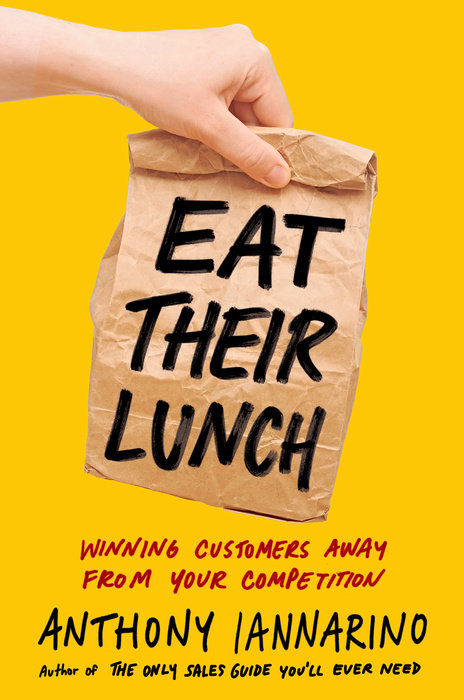The Gist:
- Any two competent people can produce wildly different results.
- Different choices drive most significant differences in outcomes.
- The choices you make each day determine your level of success.
Every day, you produce any number of outcomes. Some of those outcomes are incredibly valuable to you and others, leaving you with a sense of accomplishment and progress. Other results are neutral, contributing nothing to your goals or priorities but not actively hindering them either. You also might create adverse outcomes that harm your results, often without meaning to. Your decisions determine your results, making what you do with your time an enormous contributor to your overall success, however you define it.
My office window faces east. When I sit down every morning with a cup of coffee and a blank page, the sun starts its climb, gradually illuminating my office while I write. It feels like I have all the time in the world because so far, there’s always been a tomorrow. Someday, though, the sun will rise in the east and neither of us will be here to greet it. What we do here matters.

A Tale of Two People – Part One
Let’s say two people are pursuing the same outcome. Both are healthy, intelligent, have similar CVs, and are equal in the competencies necessary to produce what they consider a successful result. The bookmakers in Vegas would have a tough time determining the line on any contest between the two.
What cannot easily be discerned on paper, though, is much more evident when you look at results. The first person in our hypothetical contest, Subject 1, starts by determining their priorities and choosing what actions they must take to generate the results they need. They spend an hour on Sunday planning their week, ensuring they have blocked enough time to do the necessary work. Having designed their work and firewalled their time, they are ready to start their week by making progress on the outcomes they need.
Subject 2, although highly competent, doesn’t do the work to determine their priorities, being more than bright enough to know what they need to do to be successful. If asked, they could easily rattle off their priorities, even though they have made no real commitment to act. They haven’t planned their week, nor have they blocked the time they need to produce the results they profess to understand.

A Tale of Two People – Part Two
The week starts, and we find Subject 1 in our contest head down, doing the work they planned to do. Their email inbox and browser stay blissfully closed. Subject 1 has eliminated distractions and is doing the work, including the work that they don’t enjoy as much, as their discipline doesn’t stop when the work gets boring. Ninety minutes into their day, and we find subject one already stacking up accomplishments.
Subject 2 starts the day by opening their email inbox to see which of the dozens of overnight emails they might need to respond to. They pick three to reply to, writing each response immediately with the inbox still open, allowing new distractions to continue to steal their attention. Subject 2 avoids doing the work necessary to the result they need, promising themselves they will do it “later.” The same ninety minutes fly by without Subject 2 making progress on anything that would qualify as a contribution to the results they need.
Having opened themselves up to any distraction, Subject 2 spends the day struggling to focus on the very few things that are important to the results they need. Reading their email seemed like a good idea at the time, but the lost time and energy made it much more difficult for Subject 2 to reach their goals.

Show Me Your Choices
Show me your choices, and I will show you your results. Show me your calendar, and I will identify your priorities.
My experience working in staffing taught me much about human behavior. My clients in that business would ask to see resumes before interviewing the candidates that we had already vetted. Invariably, they would reject qualified candidates with nothing more than a glance at their resume—even the ones I personally vouched for. They discounted the intangibles that lead to success by exactly one hundred percent. They made bad choices.
The difference between those who succeed and those who struggle isn’t some immutable characteristic—success doesn’t have an on switch! Most of the time, the difference between success and struggle reflects the choices about what you do with your time. Even when there is a competency gap, putting in the work is the best way to catch up—and to set yourself up to win the next contest.
Make Good Choices
Recently, someone told me that they would “rather be lucky than good.” The problem is that luck is fickle, unreliable, sketchy, and seems to dole out rewards with no sense of justice whatsoever. You can wait a long time for fate to smile on you, without any result.
Fortunately, the success you create is determined in large part by the choices you make each day, something that is wholly within your control. Once you decide what you want, you can establish your priorities and devote your time and attention to doing the work.
Do Good Work:
- What priorities should command a more significant share of your time and energy?
- What are the choices you make that create adverse outcomes?
- What daily choices would you need to change to improve your results?
Win customers away from your competition. Check out Eat Their Lunch









.jpg?width=768&height=994&name=salescall-planner-ebook-v3-1-cover%20(1).jpg)


